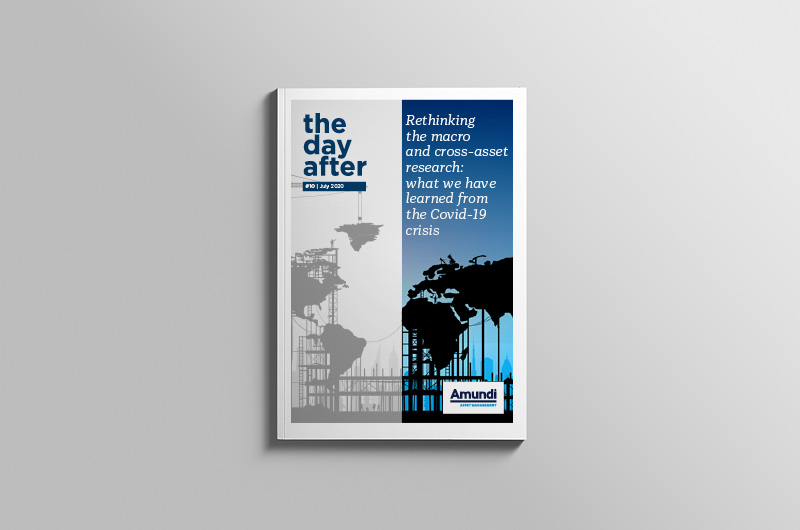Markets Diverging From Economics
Markets around the world finished last week on yet another strong note with the USA’s S&P 500 up 1.7% on Friday and Australia’s ASX 200 remaining weaker but improving 0.5%.
There is a growing chorus of concerns about markets diverging from the dire position of the global economy, but perhaps also good reasons to ignore this. The S&P 500 has continued to be pushed higher by well-known technology names who are actually benefitting from the lockdown in various ways, think Amazon for online shopping, Microsoft for video conferencing, or Netflix for all that spare time. Importantly, the market benchmarks are only reflective of the big end of town, not the smaller businesses that are really doing it tough.
Easing begins
Governments around the world began the process of restarting economies, with Australia seemingly among the most cautious despite being one of the best-performing in the world. This is providing well-needed relief for nervous investors.
The UK economy is expected to sink over 25% in the three months to June, the steepest fall since 1706, taking the total reduction down 14% before an expected growth rate of 15% in 2021. Only time will tell.
In the US, the country reported the largest monthly deficit in history, $737 billion, as tax revenues fell and spending accelerated to offset the impending weakness.
Second-order financial effects
Interestingly, the Perth Airport is now arguing with Qantas over the non-payment of leases, which may be a sign of extended problems for infrastructure assets, particularly as domestic travel remains under wraps until July.
Friday saw investment bank Macquarie Group report its half-yearly result, and despite a 3.4% drop in revenue to $12.3 billion the company remains in good shape. CEO Shemara Wikramanayake remained cautious, but with some optimism on the other side of this when presenting the result.
Macquarie cut its dividend by 50% to allow for future opportunities and highlighted an expected delay in asset realisations and performance fees on pending asset sales.
They noting their commodity hedging and oil storage units are doing incredibly well given the issues in the oil market and that they have $7 billion in excess capital ready to deploy. It was rumoured that Link’s PEXA settlement platform maybe once again looking to float, whilst Orora Group, which makes glass bottles and packaging, announced it would be returning $600 million from the $1.2 billion sale of its Fibre division to investors in the form of a capital return, saving the rest for opportunities.
This report was written by Drew Meredith, Director of Wattle Partners.










